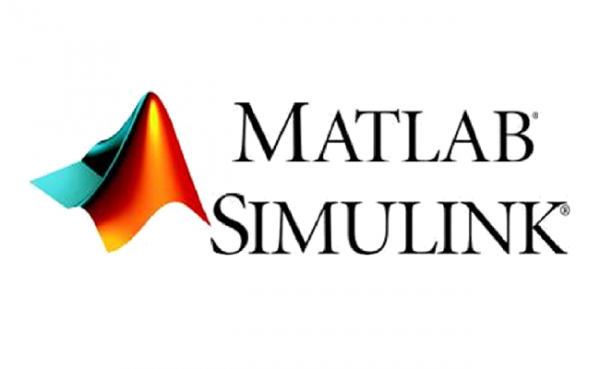
Simulink is a multidomain simulation and Model-Based Design block diagram environment. It enables embedded system system-level design, simulation, automatic code generation, and continuous testing and verification.
Simulink is a dynamic system modelling and simulation tool that includes a graphical editor, customisable block libraries, and solvers. It is MATLAB®-integrated, allowing you to incorporate MATLAB algorithms into models and export simulation results to MATLAB for further analysis. Take up a Simulink course to learn in-depth.
Table of Contents
Simulink is for Model-Based Design
From Concept to Operation
Market-leading companies use Model-Based Design to transform the development of complex systems by systematically using models throughout the entire process.
- Utilise a virtual model to simulate and test your system frequently.
- Physical models, Hardware-in-the-Loop testing, and rapid prototyping can all be used to validate your design.
- Produce high-quality C, C++, CUDA, PLC, Verilog, and VHDL code for direct deployment to your embedded system.
- Maintain a traceable digital thread through requirements, system architecture, component design, code, and tests.
- Extend models to operational systems for predictive maintenance and fault analysis.
Simulink is for Simulation
Design and simulate your system before moving to hardware
With multi-domain modelling and simulation, you can explore ample design spaces and test your systems early.
- Rapidly evaluate multiple design concepts in a single multidomain simulation environment.
- Simulate large-scale system models using reusable components and libraries and third-party modelling tools.
- Deploy desktop, real-time, and Hardware-in-the-Loop, simulation models.
- Extensive simulations can be run on multicore desktops, clusters, and the cloud.
Simulink is for Model-Based Systems Engineering
Design, analyse, and test system and software architectures
Model-based systems engineering (MBSE) uses models to support the entire lifecycle of a system. Simulink connects the dots between requirements and system architecture and detailed component design, implementation, and testing.
- Requirements capture and decomposition
- Specify and elaborate on components, compositions, and architectures.
- Create a centralised repository for architecture and component-level interfaces.
- MATLAB is used for analysis and trade studies.
- Use simulation-based tests to validate requirements and verify system architectures.
Simulink is for Agile Software Development
Agile software development enables teams to deliver value to their customers more quickly by utilising short iteration cycles and focusing on continuous integration and team collaboration. Simulation, automated testing, and code generation help you become a successful Agile team by shortening the development cycle.
- Create and run simulation tests in an automation server to validate new design iterations in real-time.
- Perform additional desktop analysis and testing before proceeding to hardware.
- Deliver functional software through simulations that customers can test.
- Respond quickly to changing requirements through model updates and simulation.
- Using automated reports and dashboards, make progress visible to key stakeholders.
Simulink is for MATLAB Users
Combine the power of textual and graphical programming in one environment using MATLAB and Simulink.
Use your MATLAB skills to:
- Parameter optimisation
- Make new blocks.
- Create automated tests and scripts.
- Thousands of simulations can be run in parallel.
- Examine the simulation results
Simulink is for Every Project
- Wireless Communications
- Power Electronics
- Control Systems
- Signal Processing
- Autonomous Systems and Robotics
- Advanced Driver Assistance Systems
- Digital Twins
- Artificial Intelligence
In conclusion
Simulink is a block diagram environment for designing multidomain models, simulating before moving to hardware, and deploying without writing code. Take up courses like Hypermesh course to upskill yourself and benefit your career.